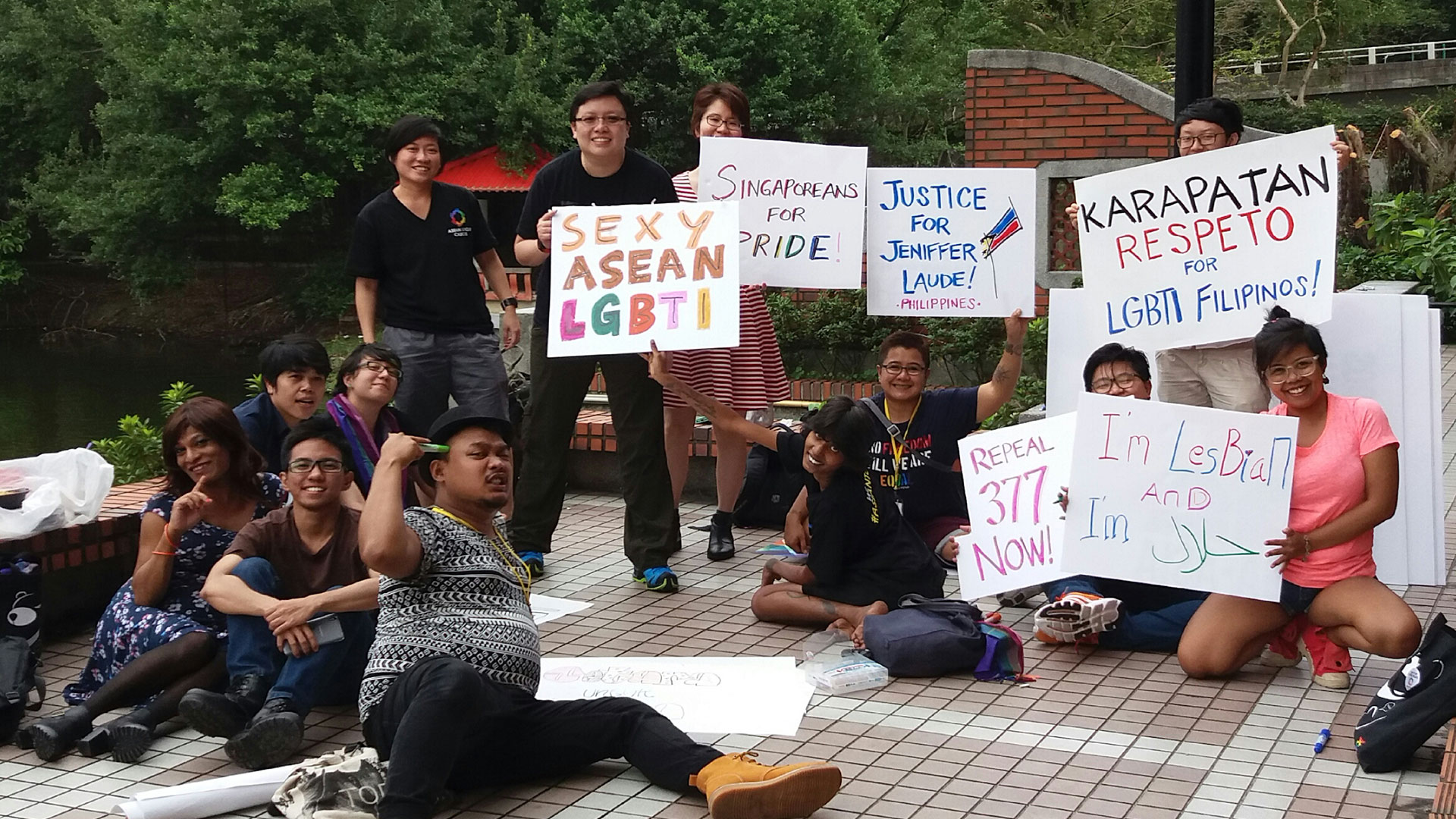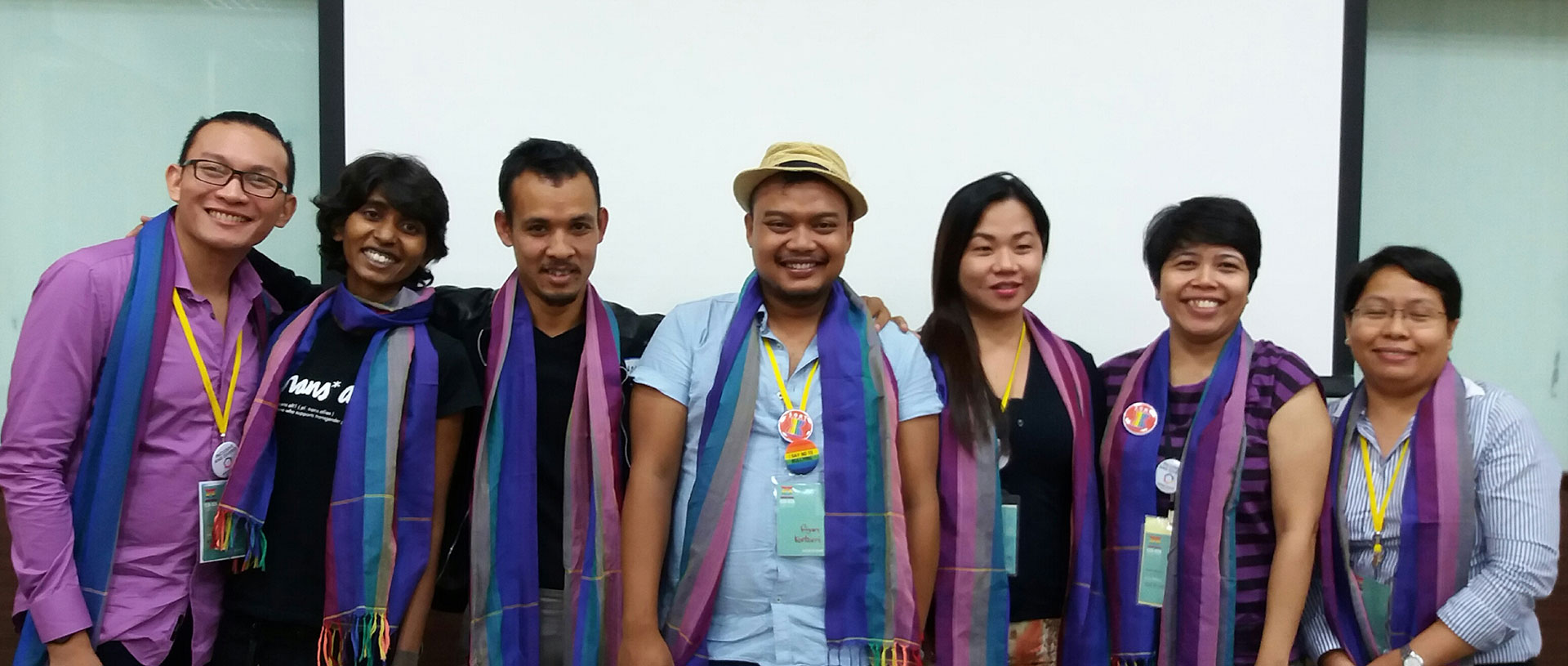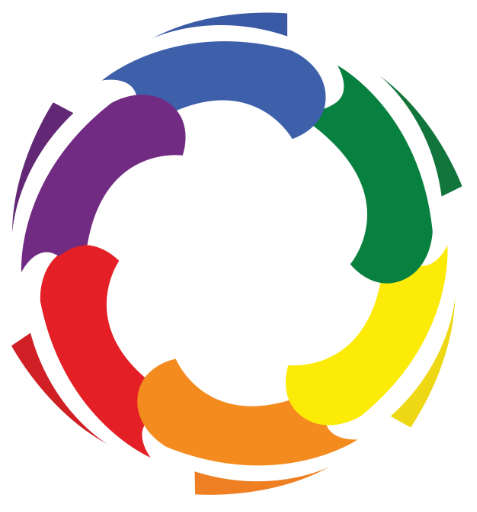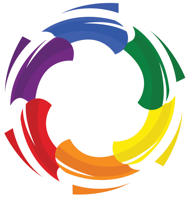The International Lesbian, Gay, Bisexual, Trans and Intersex Association Asia (ILGA Asia) conference held recently in Taipei, Taiwan served as a space for activists to raise critical issues affecting the movement. Several presentations and workshops emphasized that LGBTIQ issues have to be addressed in a broader context of poverty, disability, migration, democratization, disasters and armed conflicts.
“We cannot talk about LGBTIQ rights in isolation. Given the complex lived experiences of LGBTIQ persons in Asia, we need to take intersectionality seriously,” according to Ryan Silverio, Regional Coordinator of ASEAN SOGIE Caucus.
Intersectionality was a running theme throughout the ILGA Asia conference.

“Applying intersectionality in our activism requires us to go beyond single-issue politics. We recognize that our experience of discrimination and marginalization is not just because of our sexual orientation, gender identity and gender expression,” Ryan Silverio added.
Jean Chong of Sayoni, a Singapore-based women’s organization, said, “We simply do not have the space in our activism to ignore the intersectionality of our lives and more.”
“Applying intersectionality requires us to look at the structural issues faced by LGBTIQ people,” according to Ryan Silverio.
Poverty is key issue faced by many LGBTIQ persons in ASEAN. In the case of Cambodia, LGBTIQ people who are economically disadvantaged face more difficulties.
According to Kong Yara of CamASEAN, a youth organization based in Cambodia, the social stigma attached to LGBTIQ people hinders them from getting decent jobs and livelihood opportunities. He also emphasized that LGBTIQ people in poverty situation have a hard time getting decent education that will make them qualified to work, and if that if they go to school they will face discrimination and violence. Transgender women in particular end up in sex work because of lack of opportunities to get employed, according to Kong Yara.
In the Philippines, lesbian, bisexual and transgender men from urban poor communities also experience various layers of discrimination and marginalization. Lynx Hufancia of GALANG Philippines shared that “ground-level realities show how heteronormative and exclusionary policies and programs further push poor LBTs towards the margins of margins”. She added that there is a need to recognize and make visible the intersectionality of sexuality and poverty in order to “achieve a truly inclusive development for all”.
The shrinking democratic space for human rights activism has been expressed as a key concern. Jean Chong shared that many countries in ASEAN such as Singapore, Malaysia and Thailand has imposed limits on freedom of expression and independence of civil society groups. Consequently, such conditions compounded by an existing social stigma create challenges to LGBTIQ groups.
Jean Chong shared that many LGBTIQ groups in ASEAN face challenges such as refusal to get legal registration as a non-government organization, restriction over sources of funding, increases state surveillance of activities, threats and destruction of property, and arbitrary cancellation of activities.
Activists have suggested ways how to apply intersectionality into their activism.
According to Jean Chong, “LGBTQ activists could mainstream it by continuing to frame their circumstances within the framework of intersectionality and their lived realities in their fight for visibility and inclusion.”
Meaningful dialogue and engagement with other social movements and sectoral groups was suggested by Kong Yara. According to him, LGBTIQ groups should have joint actions and good relationships with other sectors such as women’s groups and child rights groups.

Framing LGBTIQ issues as human rights issues may help us gain more allies, Kong Yara added.
ASEAN SOGIE Caucus mobilized several LGBTIQ activists from Southeast Asia to participate in the ILGA Asia Conference that took place last October 28 to 30, 2015 in Taipei. It organized a workshop titled “SOGIE Intersections and Rainbow Coalition Work: A Roundtable Discussion on Locating the Intersections of LGBTIQ Issues”, which focused on intersectionality with other marginalized groups.



